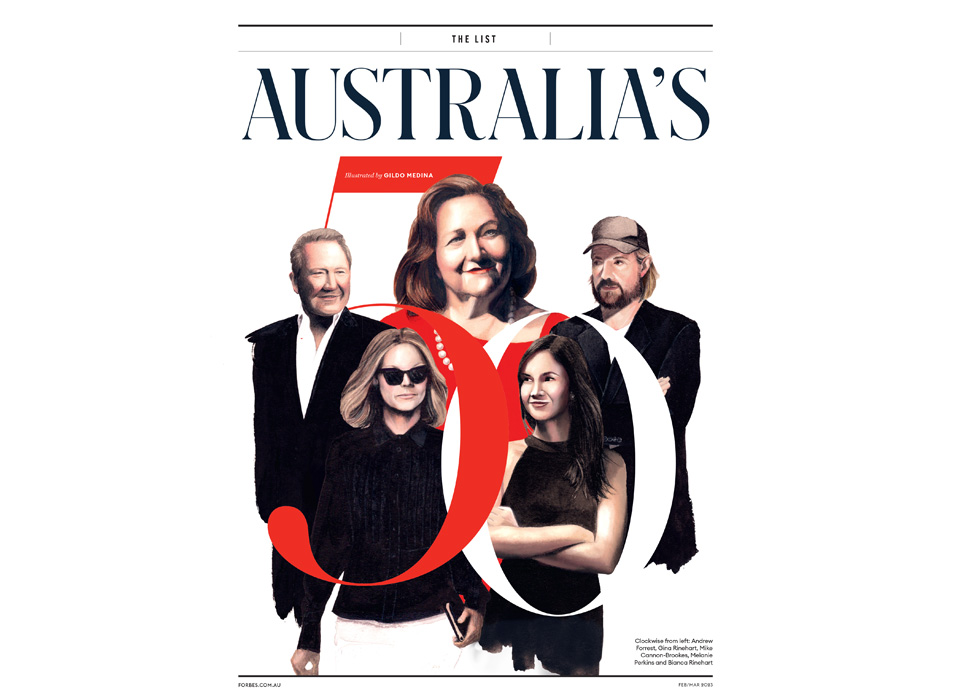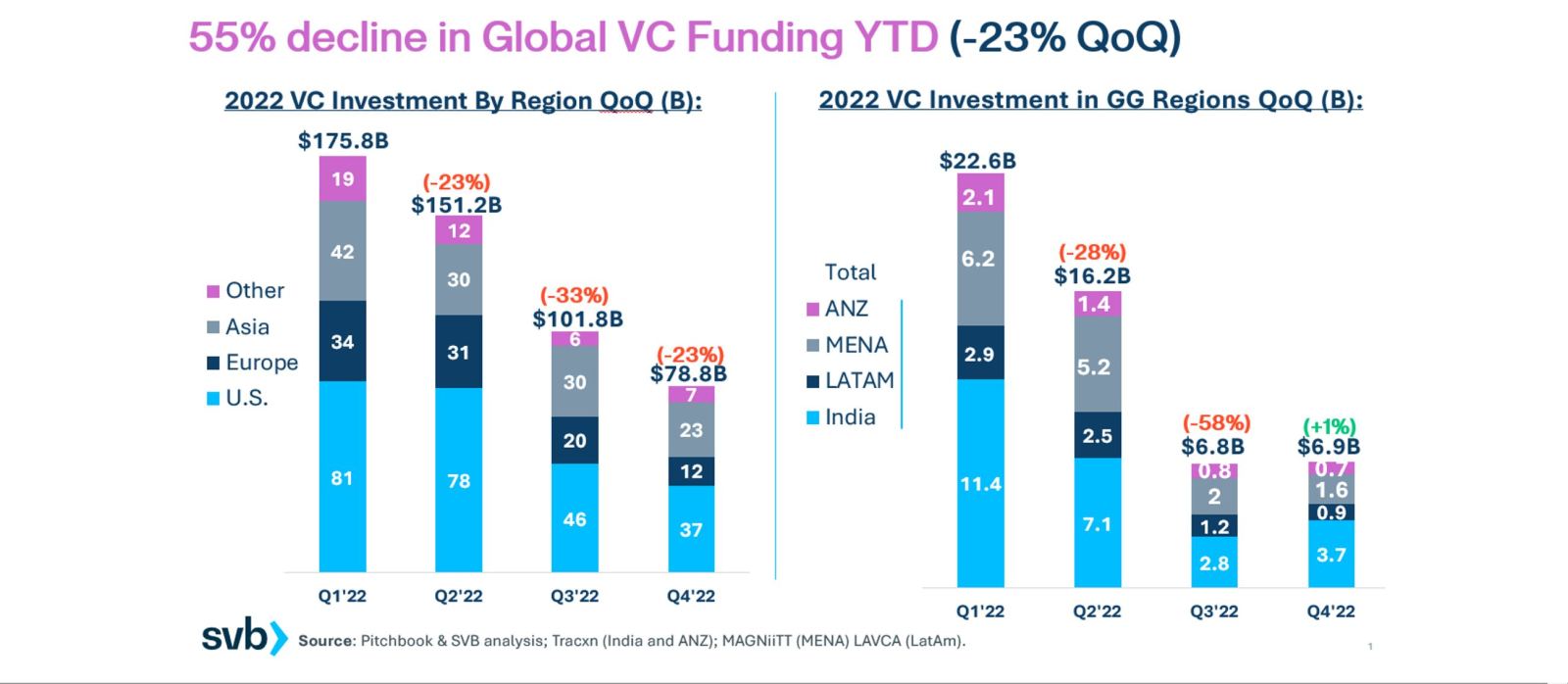When you play at an elite level, how can you use your skills to develop a business or future work role? These world-class players explain.
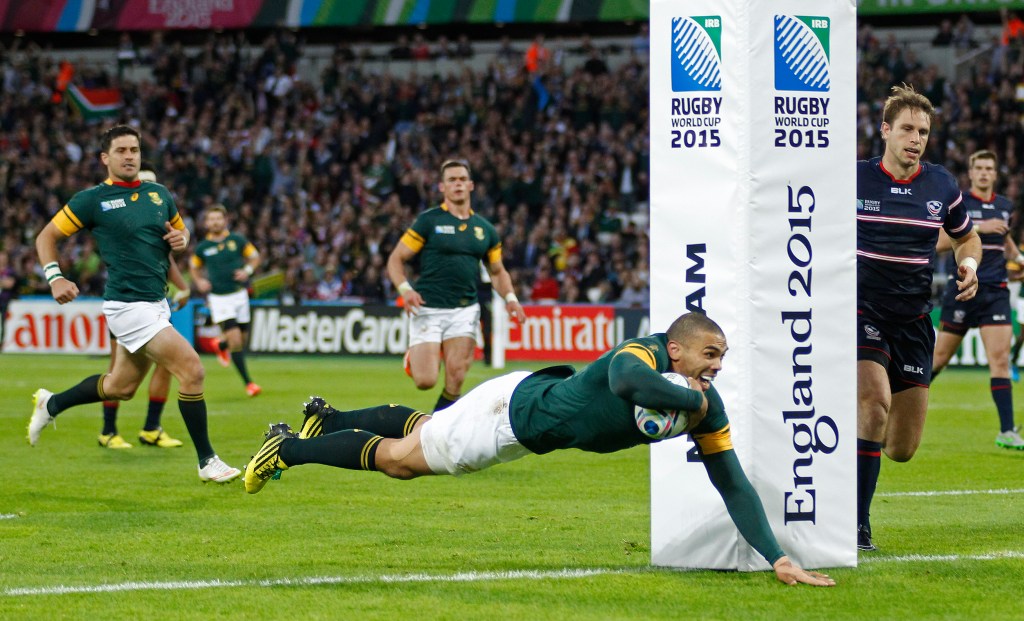
Bryan Habana’s rugby career reached heights that few achieve. He played in the South Africa team that won the 2007 Rugby World Cup and is one of the top Test try-scorers of all time. His career took him worldwide, playing at the highest level for 13 years.
But he knew that one day he would need a career after sport. He is now a co-founder, and Chief Commercial Officer of the fintech company Pay Me Now, a financial inclusion platform that has become the market-leading Earned Wage Access (EWA) platform in Africa. He works as a sports commentator for television as well, and with his lived experience of life after sport, he has become an ambassador for the global financial institution HSBC and participates in its World of Opportunities program that teaches young athletes how to plan for when their sporting careers come to an end.
The latest program in Sydney was held during the recent HSBC Rugby 7s tournament. The program explains to the participants many challenges they might face in real life, such as how to manage a sporting event, how to answer questions from journalists or navigate a press conference, and how to commentate on a game in real time. Then they role play for the experience to feel the pressure and rise to the challenge.
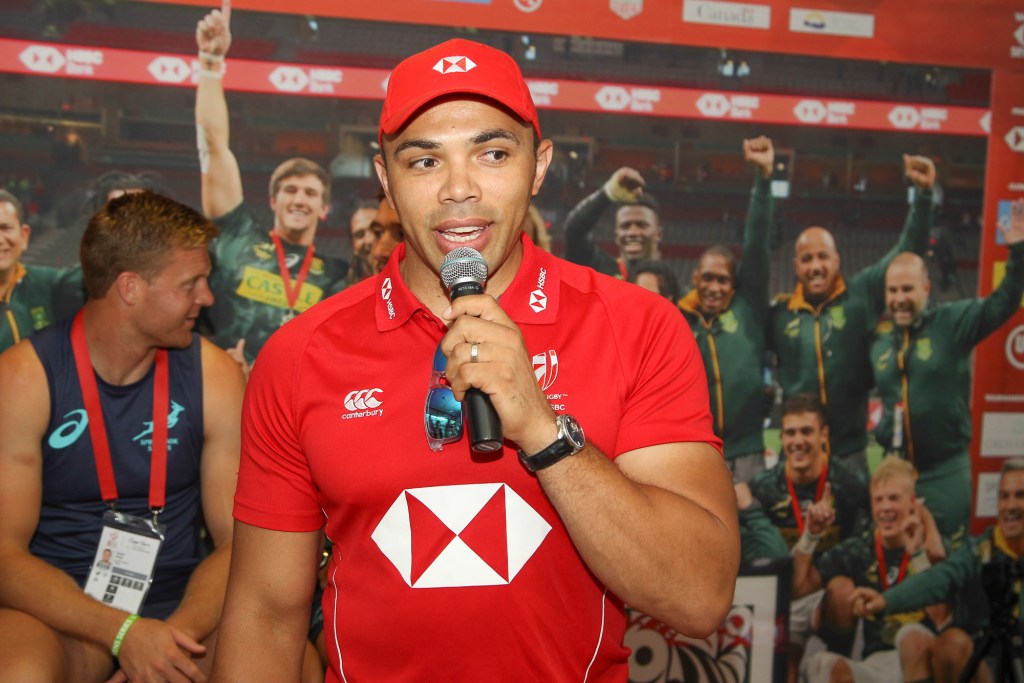
Habana joined the program in 2022 and brought a player’s perspective to the sessions to detail the many career and leadership opportunities available to support the game.
“We show the kids what it’s like behind the scenes, what it’s like to be a player, a commentator, or an administrator, or someone who puts events together,” he tells Forbes Australia in an interview.
Only a limited number of players are selected to play for their country in any sport, and “you put all your hopes and dreams and effort into being that person”, he says. “There is so much time and effort and training and sacrifice that goes into that, but what if it doesn’t happen?”
THE LIST
He says the HSBC program allows them to see the other opportunities and roles within rugby that could potentially be a possibility. “It can showcase what it is like to commentate and see if it is something you can do. Or being a coach or seeing an administrative role for those with an interest or expertise in finance, budgeting, leadership.”
He says no matter what you pursue in life, hard work, sacrifice, dedication and perseverance are required to be successful, but there can also be the element of luck.
“It’s never smooth sailing. You need people around to support you and focus you in key areas,” he says.
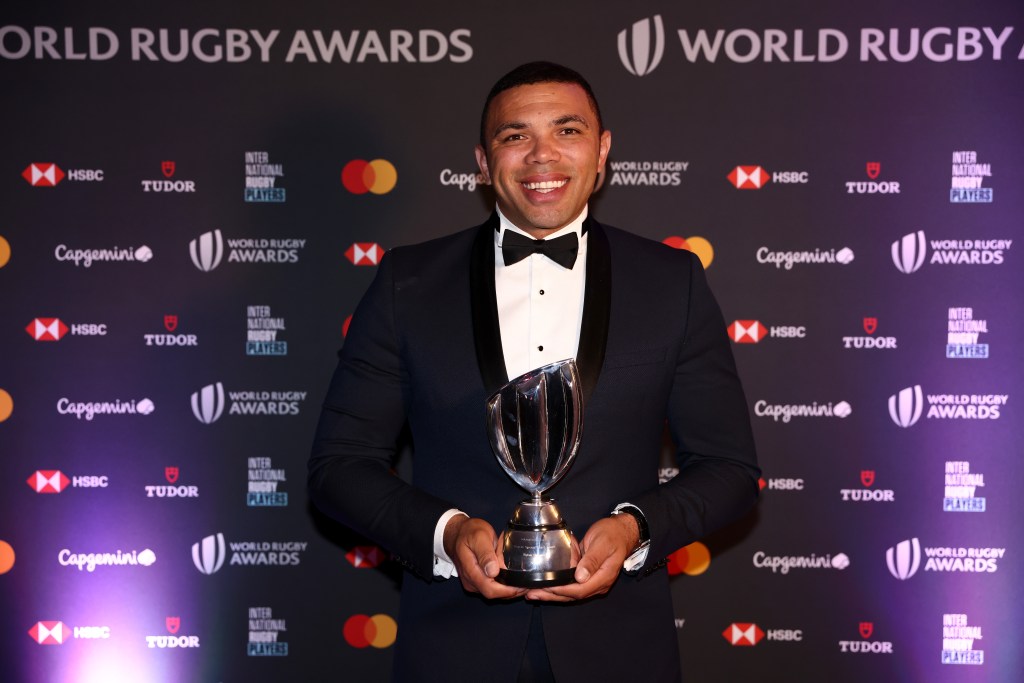
Having a growth mindset, constantly striving to be better and understanding what it means to build that growth is so vital to sports players, but also in future careers. The Pay Me Now business started three years ago with just four people in a room with an idea, Habana recalls, but has grown to a team of 30 that is assisting and developing financial inclusion across a continent.
Cath Cox, a Fox netball commentator, has successfully transitioned from sport to working on the other side. Fox Sports is Australia’s largest sport broadcaster. “I was probably one of the lucky ones in my transition from a professional athlete into a career ‘on the dark side’. I know many retired athletes aren’t so lucky – so to that end, I am firstly always grateful,” says Cox.
“The role in media was almost forced upon me by my peers. I honestly didn’t think I had what it took to work in sports broadcasting, but they obviously did and continued to ‘suggest it’ strongly until I fairly caved. And boy, I’m glad I did.”
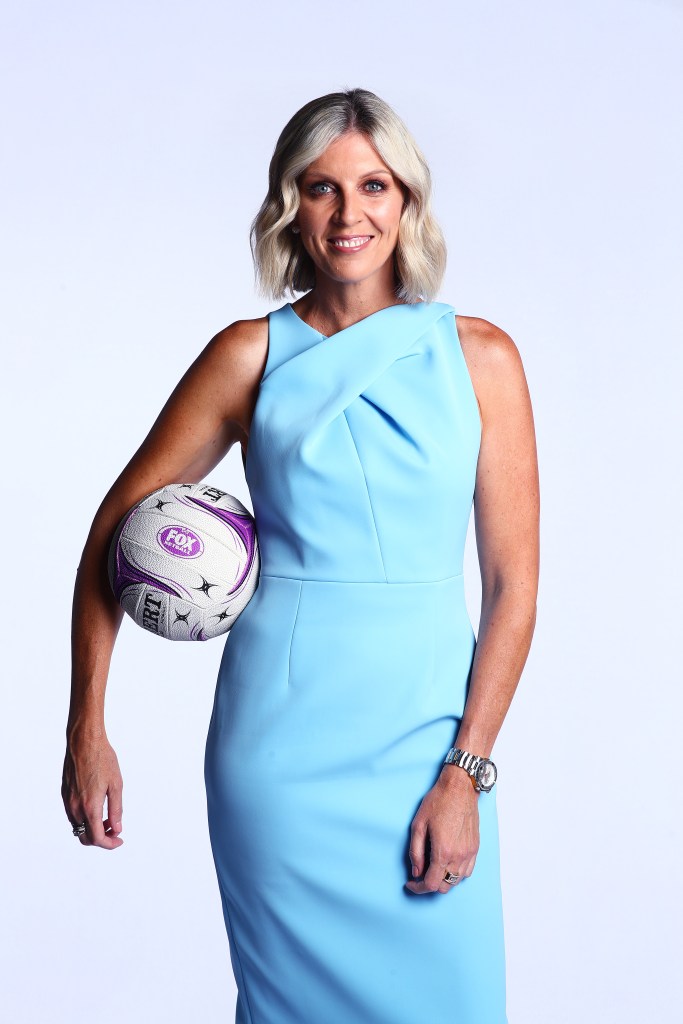
Cox says she initially felt overwhelmed entirely in this new career, but the support of those around her made the venture outside of her comfort zone so much easier.
“As far as advice for others wanting to do the same … surround yourself with the people that know it and ask plenty of questions. These people are a gold mine for experience and a wealth of knowledge. And most importantly, always say yes to opportunities, even if they scare you. Growth, after all, takes place outside of your comfort zone.”
Fox Footy producer, commentator and AFLW player Chloe Molloy says she has balanced playing with work and feels the combination can set a player up for success after a sporting career.
“I’ve simultaneously done both and always wanted to find a balance between sport and work, and even just a social life,” says Molloy.
“I think when you strike a nice balance that works for you, it complements the other parts of your life. I’ve always had a Plan A, which is footy because I do want to devote a lot of time and energy to my sporting responsibilities, and that is important to me. Still, then also thinking beyond that, I’ve always been a hustler and want to keep working [in other areas] and have as many feathers in my cap so that I can be an asset to any organisation with whatever I choose and, importantly give myself the freedom to choose.
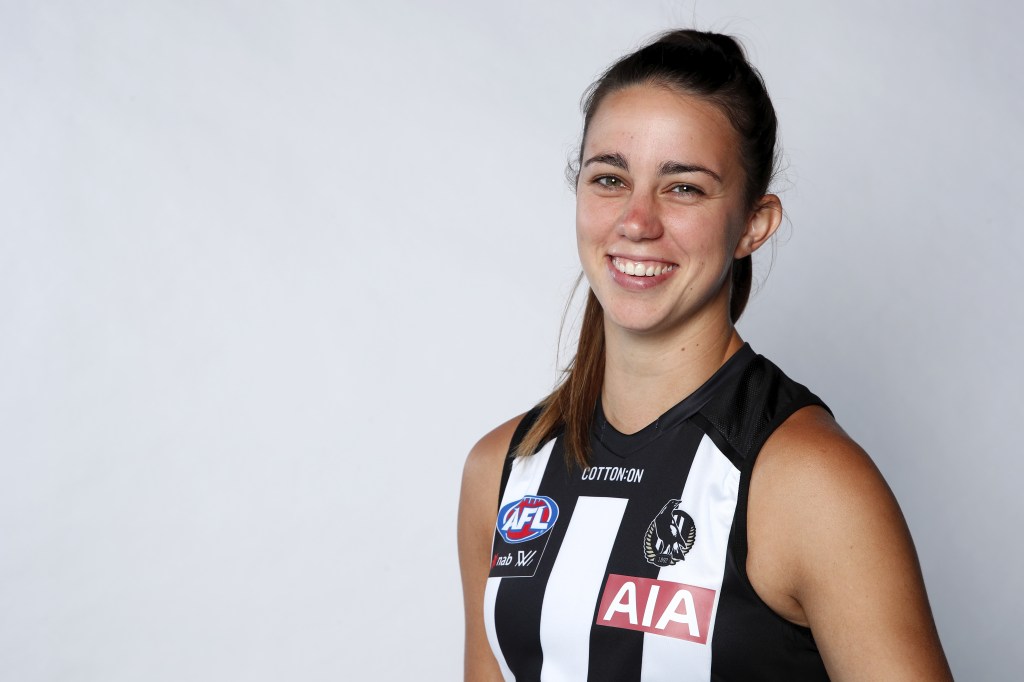
“It sets you up for future success beyond the footy field because sport, unfortunately, in some instances can be taken away from you quickly just with the nature of injuries.”
Molloy shares the importance of challenging yourself, no matter what you take on, and says, “We can sometimes get caught in the thinking that we have to do certain things because we did a degree or we put money towards trying to educate ourselves in a particular area, but I think there’s always time to work on yourself – and if it’s a job you want to go for or you want to start studying again – I would say just pull the trigger on it.”
“It’s about the balancing act – because things can quickly change in this world, and you don’t want to lose your identity when something falls away. That kind of happened to me when I injured myself in football – I put all my eggs in one basket, and I quickly realised I needed to find other versions of Chloe in this world. One of those versions plays football, the other works in a production studio, and the other has a great social life.”
Hear from the cultural luminaries and industry icons at the frontline of progress, harnessing their power to turn ideas into impact. Buy tickets now to join the Forbes Australia Women’s Summit.
